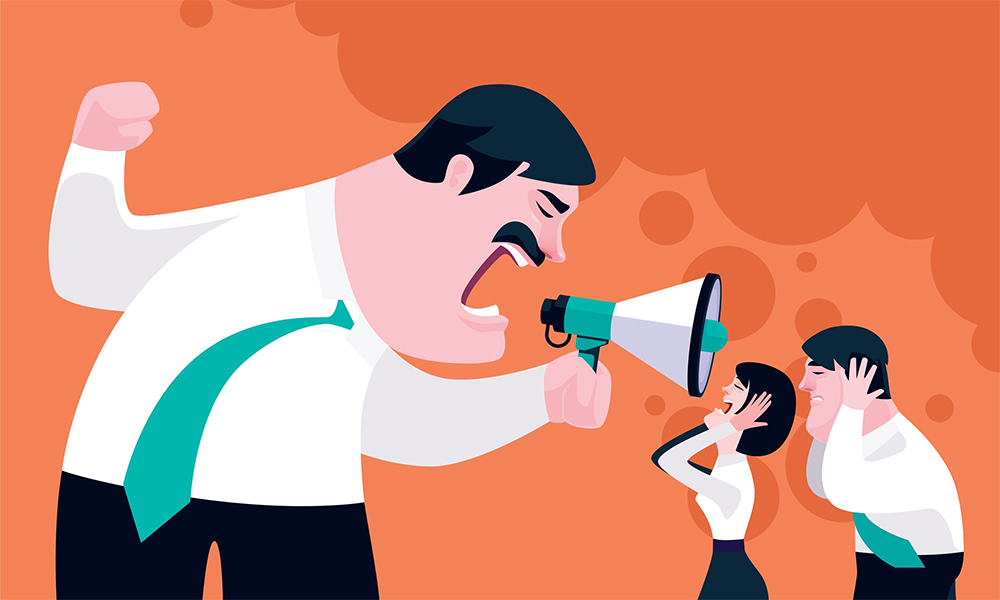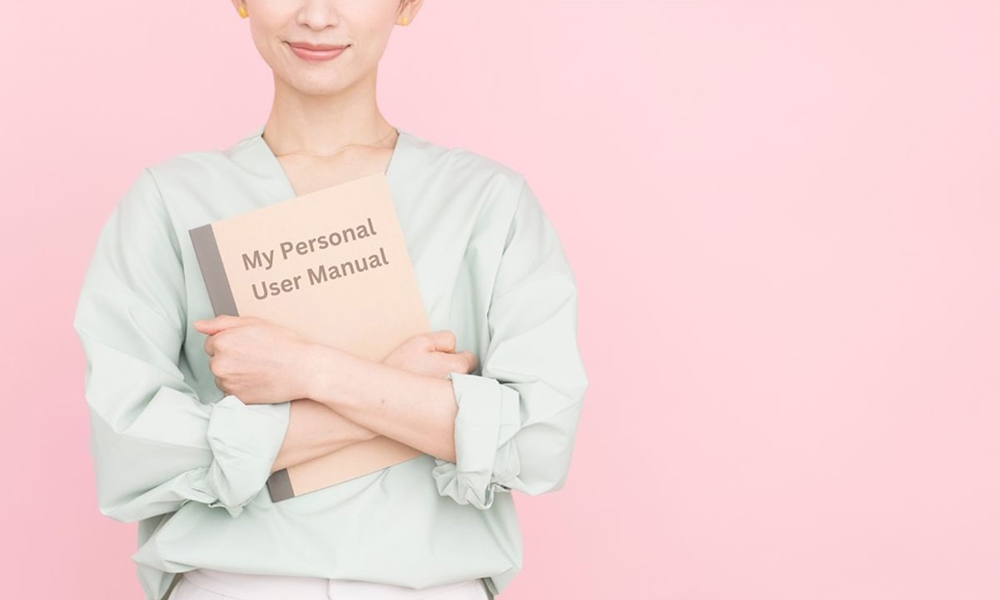Many of us are in the second or third week of working from home in an increasingly uncertain global pandemic. As this extends, and the crisis seems to deepen, it’s probably only natural that stress levels are on the rise. Situations like these can bring out the best in us – and we are seeing some incredible stories of every day heroism – but unfortunately, they can also bring out the worst. Being stuck at home involuntarily also means that the irritability factor could jump and manifest in subtle ways like snide remarks and veiled insults. This makes our homes and personal spaces extremely unpleasant; and our relationships with family, friends and team members, strained.
So, this week, my message focuses on the impact of these “microaggressions” and how we can respond to them – whether you’re at the receiving end, or witnessing the exchange.
From “Where did you learn to speak such good English?” to “You should smile more” and “Wow, you’re so tidy”, I’m sure most of you have experienced or witnessed certain microaggressions around gender, race, ethnicity, sexual orientation, religion, age or disability, at one point or another.
Data suggests that these everyday slights and indignities are rampant. For example, according to LeanIn.Org and McKinsey’s Women in the Workplace report in 2018, microaggressions were “a workplace reality” for 64 percent of women.
Should you call out these subtly-insulting comments, or let them slide? This is a dilemma for many people. Some feel that microaggressions are not really worth responding to, not when there is so much blatant discrimination still out there. Others believe that they go against the core principles of equality and mutual respect, hence they should be addressed. And right now, if you’re caught in a situation where you can’t physically walk away from it, then it’s much tougher.
Psychologists compare the cumulative effect of microaggressions to “death by a thousand cuts”. By itself, each insult can be considered minor; together, however, they add up to create a significant impact. Prejudice – even if it’s subtle and veiled – takes a toll. First and foremost, it negatively affects the mental as well as physical health of the people who are targeted. In the New York Times article, How to Respond to Microaggressions, Hahna Yoon elaborates:
In 2017, the Center for Health Journalism explained that racism and microaggressions lead to worse health, and pointed out that discrimination can negatively influence everything from a target person’s eating habits to…symptoms of trauma. A 2014 study of 405 young adults of color even found that experiencing microaggressions can lead to suicidal thoughts.
Think about it. At your home or workplace, too, the effects are apparent: microaggressions can make people feel disrespected and unsafe, undermining the feeling of trust and belonging. It’s also difficult to bring your best self to your relationships and work if your exchanges are punctuated with derogatory comments.
Now, interestingly, the people who make these remarks – us included – often don’t do so out of any malice or ill-intention. Nearly everyone can behave like this, often without realising the deep hurt they can cause.
Responding to microaggressions can certainly be worthwhile: it can empower you, educate the other person and pave the way to fewer “cuts” and more genuine inclusiveness in the future.
Here are six suggestions to help you respond effectively to microaggressions (these are also equally important if you’re a bystander who witnesses such incidents):
1. Choose your battles
In the NYT article mentioned above, Yoon explains that given how common microaggressions are, it’s impossible to respond to them all. How should you decide when to shake it off, and when to speak up? Yoon recommends a practical toolkit, developed by psychologist Dr. Kevin Nadal, to help you weigh the consequences. Ask yourself:
- If I respond, could my physical safety be in danger?
- If I respond, will the person become defensive and will this lead to an argument?
- If I respond, how will this affect my relationship with this person (e.g., co-worker, family member, etc.)?
- If I don’t respond, will I regret not saying something?
- If I don’t respond, does that convey that I accept the behavior or statement?
2. Aim to educate
Microaggressions are different from overt discrimination in one key aspect – they are often unintentional. So, consider for a moment: Do you think the microaggressor meant to insult you (or your colleague or family member), or are they unaware of their impact? In the latter situation, consider educating the person and motivating them to change their behaviour. (This burden ideally shouldn’t fall on the target of microaggressions. In reality, however, it often does.)
3. Use microinterventions
Once you’ve decided to respond, what exactly should you say? Dr. Derald Wing Sue suggests three possible tactics, which he calls “microinterventions”:
Ask for details: “Could you say more about what you mean by that?” “How have you come to think that?”
Explain the impact: “I know you didn’t realize this, but when you __________ (comment/behavior), it was hurtful/offensive because___________. Instead you could___________ (different language or behavior.)”
Share your journey: “I noticed that you ___________ (comment/behavior). I used to do/say that too, but then I learned____________.”
4. Avoid shaming
If you’re aiming to educate the other person, try not to label them or put them on the defensive. The focus should be on making them understand why their behaviour is hurtful or offensive, and how it made you feel. Name-calling is an ineffective strategy for behaviour change.
In How to Respond to Your Ignorant Coworker’s Microaggressions, Ivory King suggests assuming that the person had good intentions:
Giving the benefit of the doubt is key, because if someone is treated as if they meant well, they are more likely to respond without defensiveness. They experience less shame and gain the freedom to improve their behavior while saving face.
5. Plan a dialogue
If you find someone committing frequent microaggressions, it’s worth preparing for a more in-depth conversation. Plan what to say, and maybe practice it with a friend. It might be helpful to mention that the reason you’re bringing this up is because you value your relationship enough to clear the air. After explaining how their behaviour makes you feel, wait for a response. Depending on their receptiveness, you could have a very rewarding dialogue – or not, as Murray notes:
Understand that you might not get the reaction you want. If the person is defensive, and wants to make it about “having a laugh,” you can try to have a deeper conversation, but again, it’s about your comfort level.
6. Practice self-care
Dealing with microaggressions can be exhausting. It’s important to set your personal boundaries and find solace among allies. Share your experiences with a few like-minded colleagues or people from the same “group” as yourself – this has been shown to be an effective coping mechanism.
What if you’re the microaggresor in a given situation?
Even with the best intentions, we can still make mistakes. It doesn’t mean you’re a bad person – it just means you need to self-reflect and amend your behaviour. If someone calls you out, here are four suggestions on how to respond:
1. Don’t get defensive
Your first instinct will probably be to defend yourself or dismiss the person’s concerns by calling them “oversensitive”. Resist the temptation. Instead, listen to the them and try to understand where they’re coming from.
2. Don’t say you didn’t mean it
As Murray advises in the article above:
Avoid saying you didn’t mean it or you were making a joke—this can come across as making light of someone else’s pain. By saying you didn’t mean it, you can come across as trying to invalidate the other person’s experience.
3. Acknowledge and apologise
Recognise that the other person’s emotions are valid, and apologise for making them feel that way. By taking responsibility for the microaggression, you take the sting out of it.
4. Reflect and move forward
Take some time to think about why you committed the microaggression in the first place. Where did it come from? How can you avoid repeating the same mistake in the future? Once you’ve come to an answer, forgive yourself and move on.
Maybe pause and give some thought to moments of microaggression that you have been, knowingly or otherwise, part of. What can we do together to better manage microaggressions as we build a more inclusive culture at Godrej and in our homes? As always, I look forward to your thoughts.








Comments